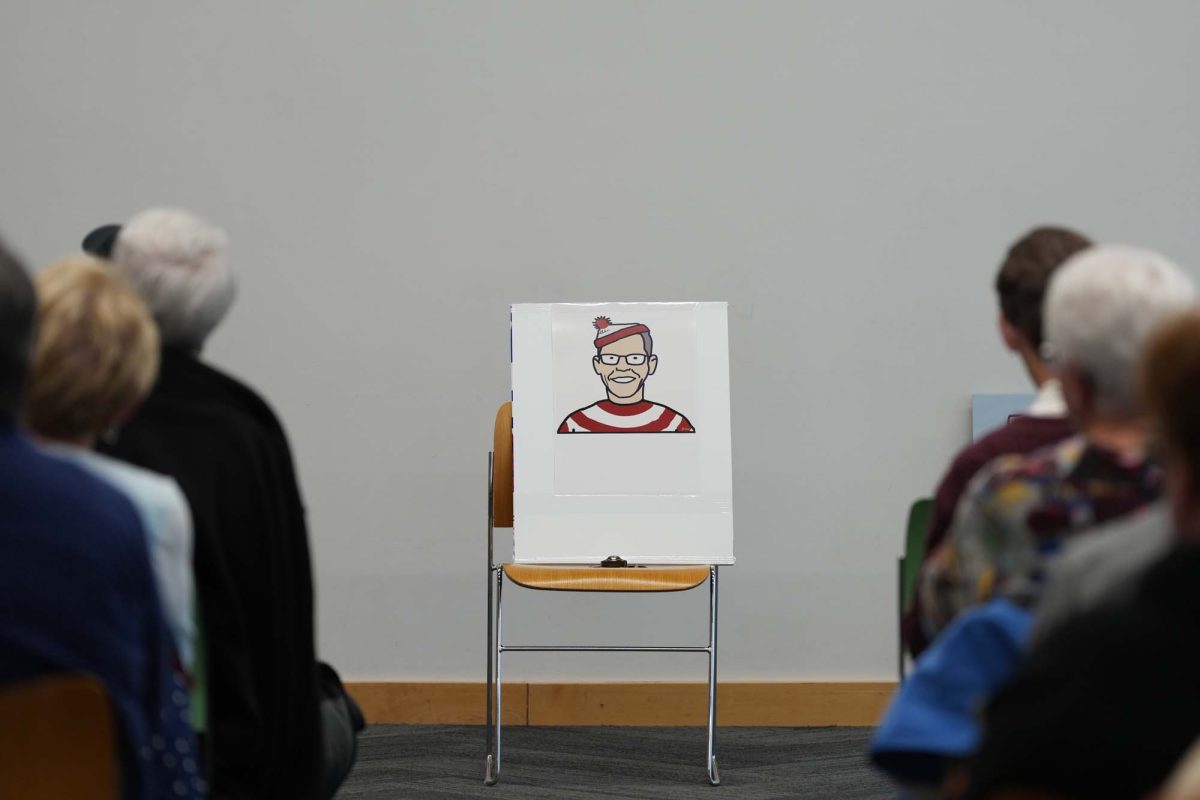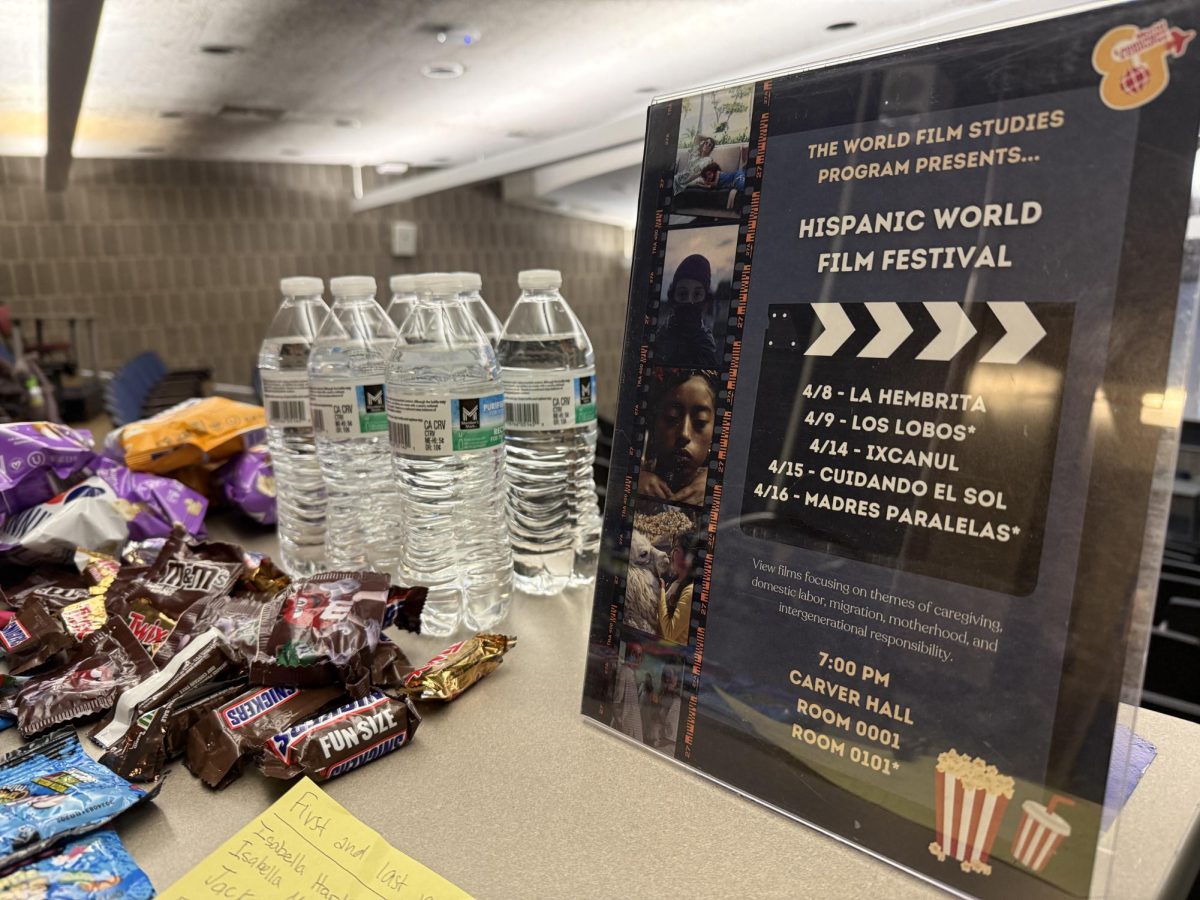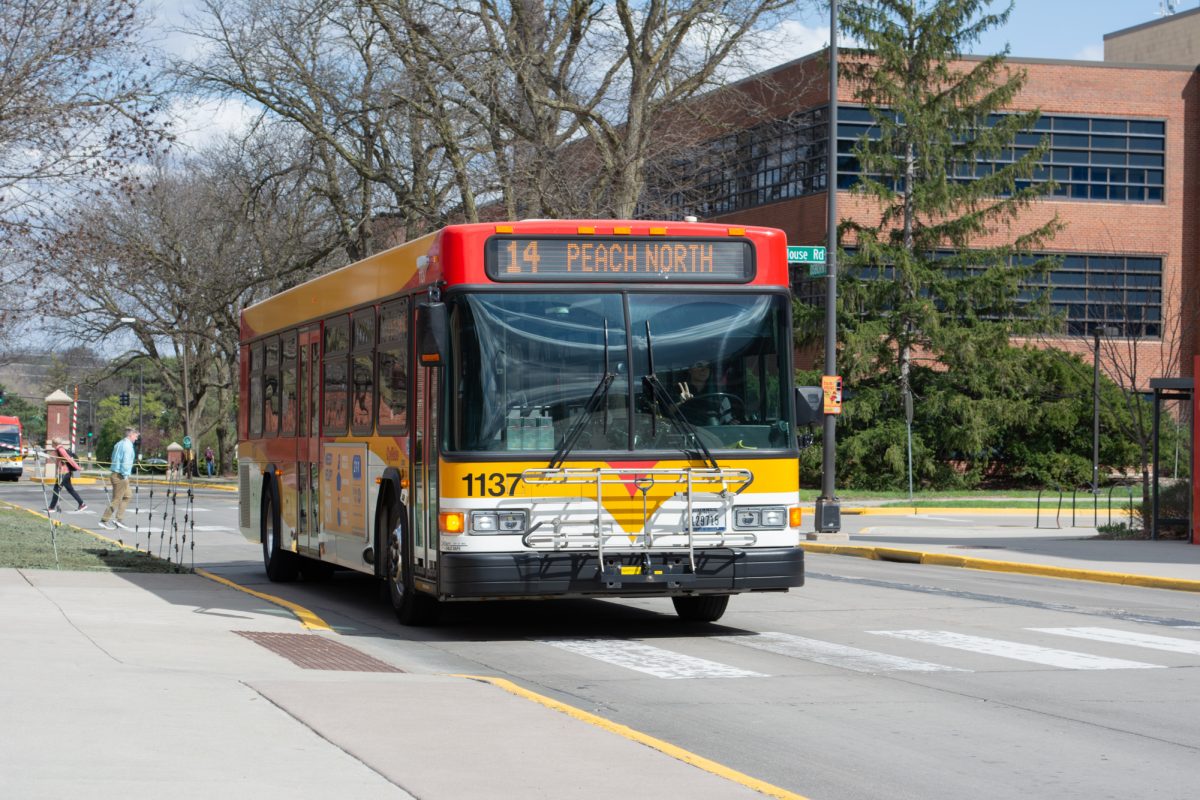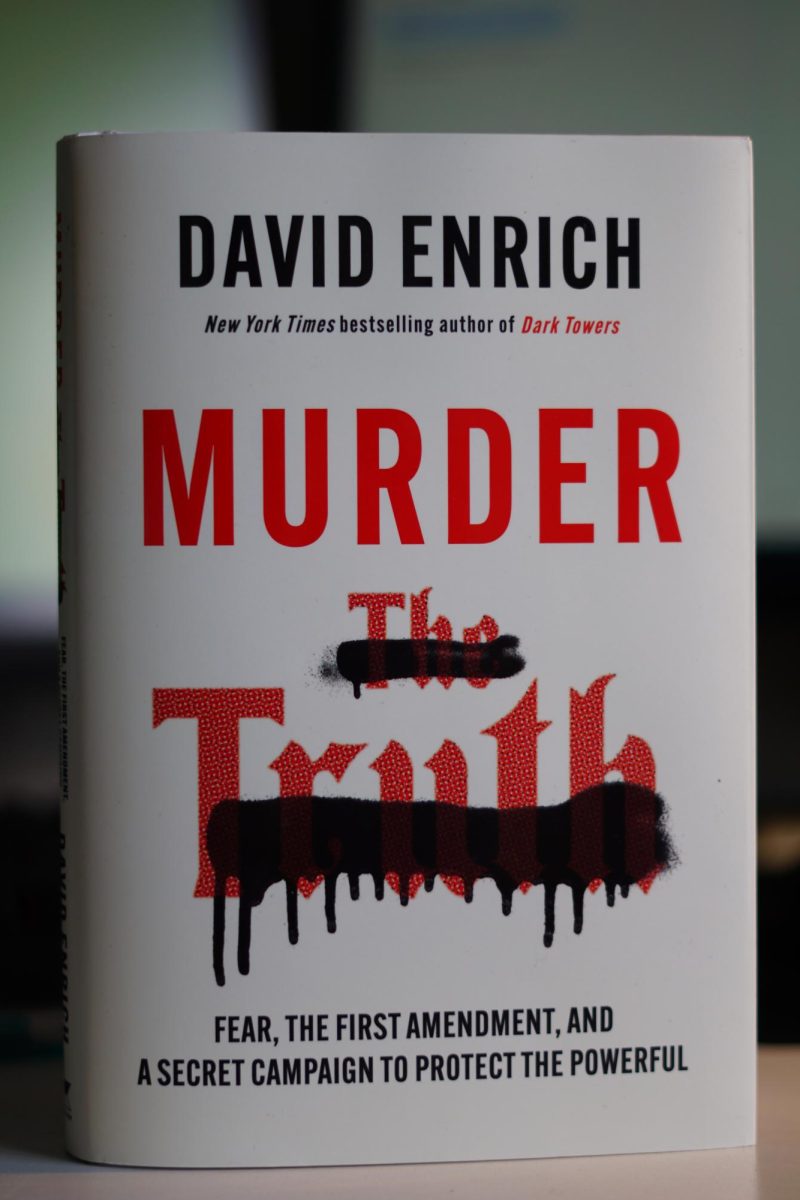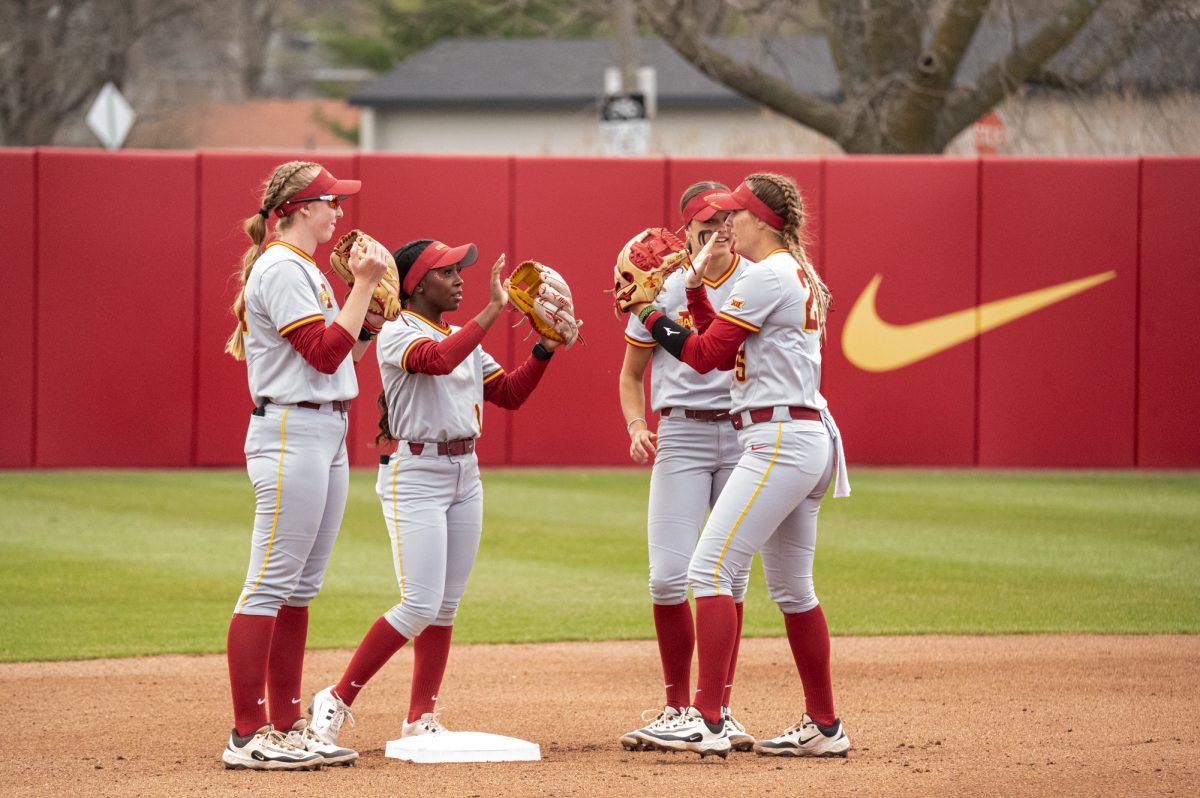ISU mock trial grants acquittal in Jackson case
March 30, 2005
It took the jury only 34 minutes to find Michael Jackson not guilty of all charges.
The decision went largely unnoticed, because the jury was not sitting in a Santa Maria, Calif., courtroom circled by news crews and demonstrators, but instead in an ISU classroom.
And the jury was made up of 12 sociology students, not Jackson’s peers.
The mock trial was staged Tuesday by a Sociology 302 class studying focus groups and interviewing methods.
Jackson faces several child molestation charges stemming from a 2003 relationship with a then-13-year-old boy.
“We all said he was guilty of something, but it was not proven what it was,” said Caira Young, freshman in sociology and forewoman of the jury. “When we first voted, it was split down the middle.”
She said the mock jury voted 12 to 0 for acquittal after deciding there was not enough evidence.
“There is no actual proof, and that is what we wanted to emphasize,” said Nina Crudup, junior in anthropology, who played the role of one of Jackson’s defense attorneys.
Mock prosecutor Jamie Bowers, junior in sociology, said although the prosecution tried to show the details of Jackson’s relationship with the boy he is accused of molesting, they were hampered by a lack of non-circumstantial evidence. All evidence used in the mock trial was real.
Paul Lasley, professor and chairman of sociology, acted as the judge during the mock trial.
He said the exercise demonstrated the difficulty of finding an impartial jury in celebrity trials.
“I am struck by these high-profile cases,” he said. “It is all shrouded in such strong public opinion.”
He said public opinion is especially strong on the Jackson trial because accusations of child molestation strike at people’s core convictions.
Bill Woodman, university professor of sociology and the class instructor, said because of strong public opinion in celebrity trials, juries are difficult to predict. In the mock trial, every member of both the defense and prosecution predicted a guilty verdict, along with 21 of 29 student observers. Woodman said as a result of this uncertainty, jury consultants are often hired by wealthy defendants.
Dwight Dake, systems support specialist in sociology and a former jury consultant, said consultants are used in most high-profile cases. Consultants gather as much information as possible about prospective jurors to aid attorneys in the jury selection process.
“It is an unbelievably fine point they put on this,” he said.
Referring to awards given in civil trial verdicts, he said, “These awards are billions; it is not something to spend tens of millions on lawyers and consultants.”
Woodman said students interviewed prospective jurors for the mock trial before selecting a jury. The prosecution and defense alternated between choosing jurors, with each side being given the chance to veto three of their opponent’s selections.
Bowers said they asked prospective jurors questions related to their opinion of Jackson, whether they were children’s’ advocates and whether they had been a victim of molestation in the past.
Crudup said effective jury selection paid off for the defense after a sympathetic forewoman was chosen as one of the last jurors.
“We think that may have had an effect on the verdict,” she said.
Woodman said the exercise allowed students to practice interviewing skills on perspective jurors, and compared the jury to a focus group.
“What is a jury but a focus group that votes?” he said.


